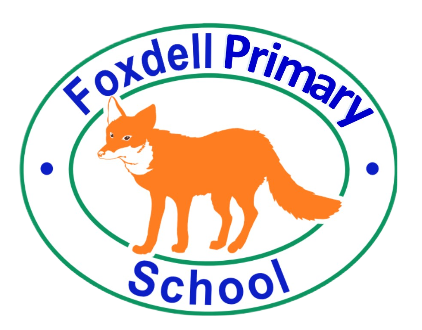Geography
At Foxdell Primary School, the study of geography involves pupils exploring the relationship and interactions between people and the environments in which they live. We aim to generate a curiosity and fascination about the world and its people that we hope will remain with each child for the rest of their lives.
Our pupils, through enquiry, learn about diverse places, people, resources, environments, to gain a deepening understanding of the Earth’s key physical and human processes. They learn about the formation of landscapes and environments over time. The curriculum is enquiry based and sequenced to ensure that pupils can build on previous knowledge and understanding as they tackle more complex and demanding content.
We adopt an enquiry based approach to learning and teaching in geography which develops our pupils as young, knowledgeable geographers. Our pupils not only build subject knowledge and understanding but become increasingly adept at critical thinking, the use of specialised vocabulary and their grasp of subject concepts.
Geography lessons are brought to life through memorable experiences including trips and visits and a variety of exciting and challenging activities. We structure learning in geography through enquiries about relevant geographical topics, places and themes. Our curriculum is therefore ‘knowledge rich’ rather than ‘content heavy’ so as not to restrict opportunities for pupils to master and apply critical thinking skills and achieve more challenging subject outcomes.
We use immersive learning in geography that provides sufficient time and space for pupils to acquire new knowledge and subject vocabulary, as well as develop subject concepts and understand the significance of what they have learned. Teaching in geography is interactive and practical, allowing opportunities for pupils to work independently, in pairs and also in groups of various sizes both inside and outside of the classroom. Learning activities are varied including the use of maps at different scales, geographical puzzles, photographs and drama. Prior knowledge is revisited to give the lessons a meaningful context. This ensures knowledge becomes embedded so that pupils can build on what they know and understand from one year to the next.
Each geographical enquiry has clear objectives and anticipated outcomes. They are also carefully structured to enable pupils to build their knowledge and understanding in incremental steps of increasing complexity.
Our learning and teaching in geography also recognises the importance of fieldwork with a number of our investigations involving observation, recording, presentation, interpretation and the evaluation of geographical information gathered outside of the classroom. Residential trips occurring in Key Stage 2 include fieldwork elements to give children hands-on opportunities and memorable experiences.
Each geography lesson has a clear objective and set outcomes for pupils in terms of knowledge and understanding and skills acquisition. Lessons are inspiring, challenging and scaffolded to ensure that all children are engaged and able to access the curriculum.
When assessing pupils, evidence is drawn from a wide range of sources to inform the process, including interaction with pupils during discussions and related questioning, day-to-day observations, practical activities such as artwork and role play drama, the gathering, presentation and communication of information and writing responses.
The outcomes of each lesson serve to inform the teacher’s developing picture of the knowledge and understanding of each pupil and to plan future learning accordingly. Outcomes are used to build an emerging picture of what the pupil knows, understands and can do.
